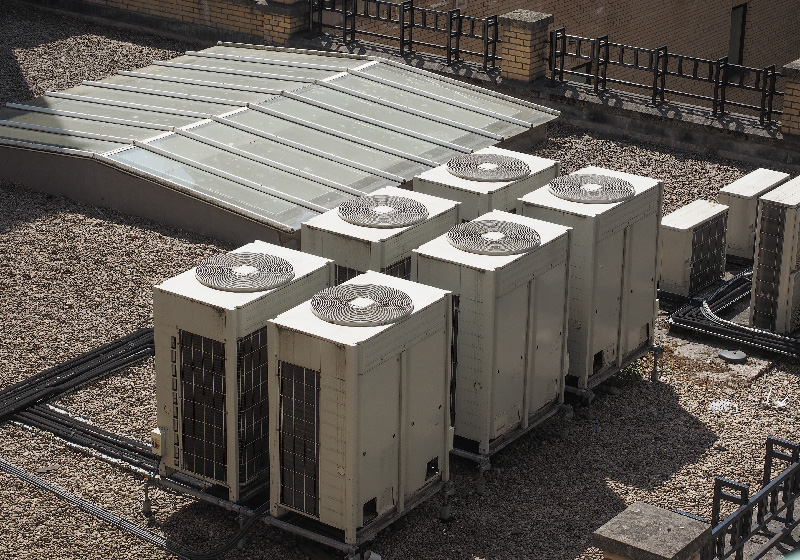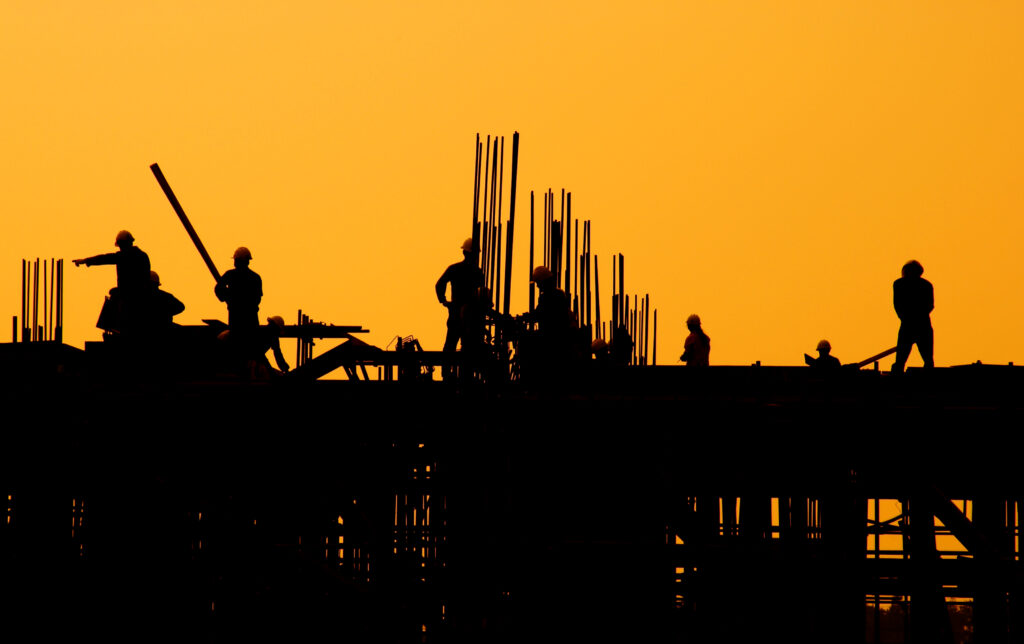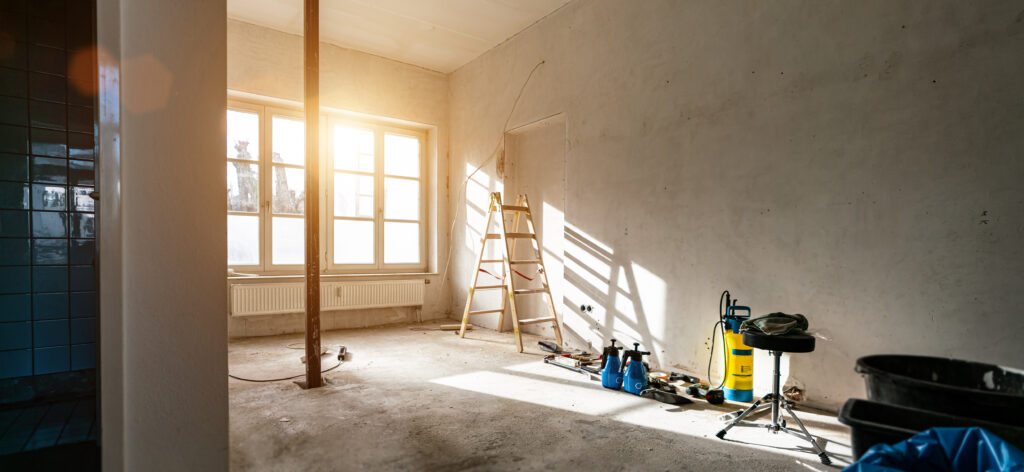Maintaining a commercial property involves overseeing various complex systems, but none are perhaps as crucial for occupant comfort and health as a well-functioning HVAC system. For property managers or owners unfamiliar with the intricacies of commercial HVAC, this guide provides essential information and helpful tips.
Understanding Commercial vs. Residential HVAC
Homeowners accustomed to their residential HVAC unit might underestimate the power needed to cool a commercial space. While several factors differentiate residential and commercial units, size is the most striking. Due to larger areas, commercial properties often require units up to ten times heavier than residential ones. These units use more powerful components and often work in tandem to handle the demands of large buildings.
Unlike residential systems, which often utilize “packaged” all-in-one units for both heating and cooling, commercial systems typically divide these functions among various units. These units, usually located on rooftops for noise reduction and space optimization, generally fall into three categories:
Common Issues and Prevention
Commercial HVAC systems, regardless of the type, are generally larger and more powerful than their residential counterparts. Here are some common issues and their causes to facilitate early detection:
By understanding the unique needs of commercial HVAC systems and implementing preventive measures, property managers can ensure optimal comfort, efficient operation, and extended lifespan for their essential HVAC equipment.
NPI’s commercial inspectors can provide insights on the state of all of a property’s key systems. Contact your local NPI team to learn more



